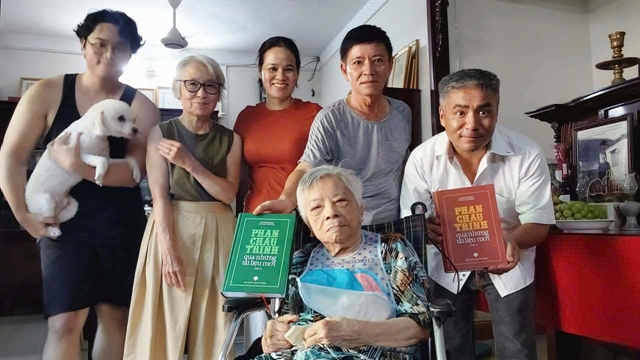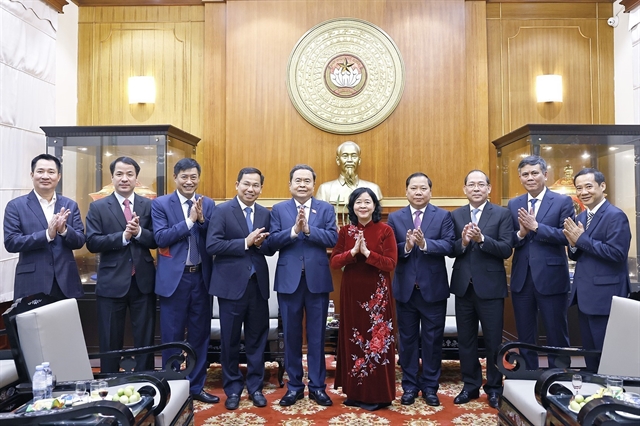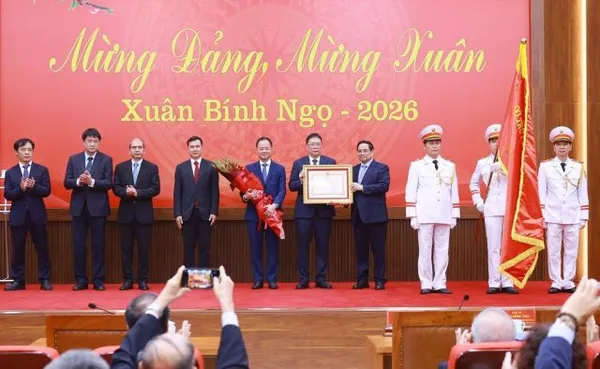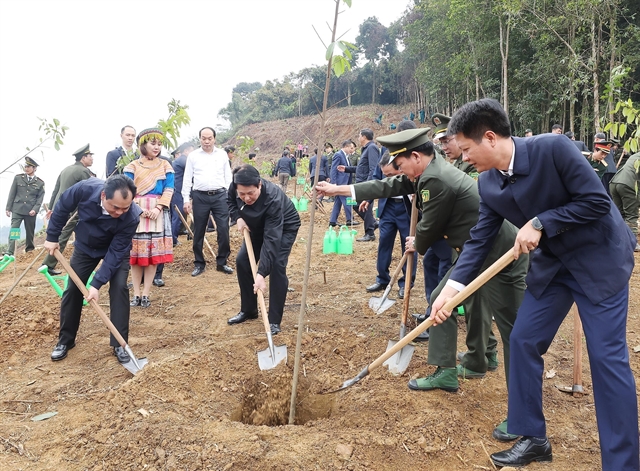 Society
Society
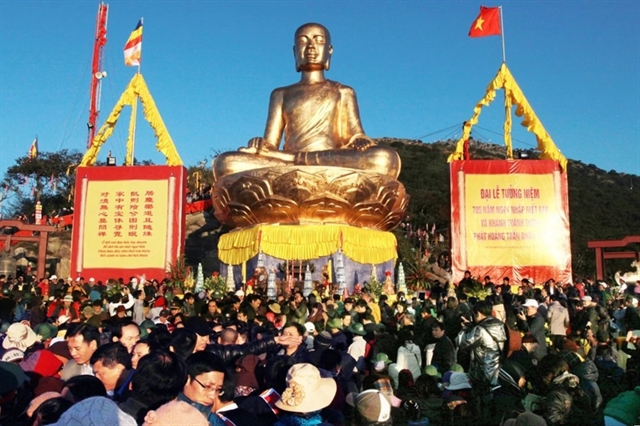
Vietnamese workers abroad are not allowed to work as masseuse/masseur at hotels, restaurants and entertainment facilities abroad from May 20.
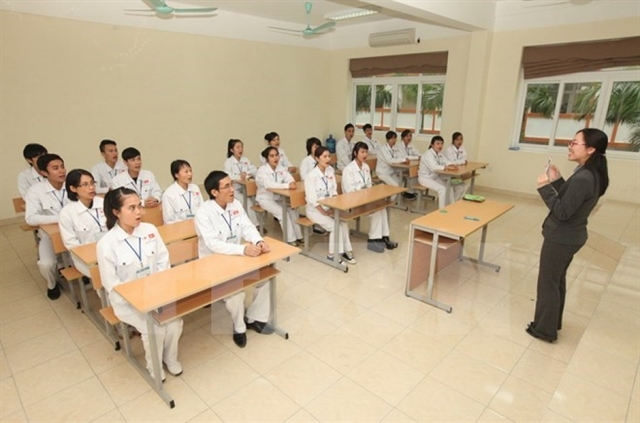
|
| Vietnamese nurses learn Japanese before working in Japan. — VNA/VNS Photo |
HÀ NỘI — Vietnamese workers abroad will not be allowed to work as masseuse/masseur at hotels, restaurants and entertainment facilities from May 20.
This is part of Decree 38/2020/NĐ-CP on detailed implementation of some articles of the Law on Vietnamese Guest Workers under Contracts. The decree took effect from May 20.
Under the decree, other jobs prohibited for Vietnamese guest workers are those that expose them to nitric acid, sodium sulphate, pesticides, herbicides, mice, antiseptic, and termites.
The workers are also forbidden to undertake jobs with frequent contact with explosives and toxic substances in the metallurgy of non-ferrous metals.
Vietnamese guest workers are banned from working in areas which are at war or at risk of war, have radioactive contamination, poison or are affected by specially-dangerous diseases.
Companies or organisations that want to send Vietnamese abroad for work must be established and operate under the Law on Enterprises with capital of at least VNĐ5 billion (US$217,400). The companies must have owners, chairman and member of the management board and investors meeting regulations of the Law on Investment.
The companies that want to send workers abroad have to have plans that meet the regulations of both Việt Nam and recipient countries. The companies must also have staff and facilities to provide workers with necessary knowledge and skills before sending them abroad.
The facilities are either owned or rented steadily by the companies. Basic facilities including classrooms and dorms for 100 people at the same time, the average area of learning space is at least 1.4 sq.m per person, an average area of living is at least 3.5 sq.m per person.
Decree 38/2020/ND-CP takes effect on 20 May 2020, replacing Decree 126/2007/ND-CP dated 1 August 2007.
In 2019, the country sent 152,530 labourers abroad, surpassing the year’s plan by 27.1 per cent. By the end of March 2020, about 560,000 Vietnamese people were working in 36 countries and territories worldwide, according to statistics from the Department of Overseas Labour under the Ministry of Labour, Invalids and Social Affairs. — VNS

_med.jpg)
